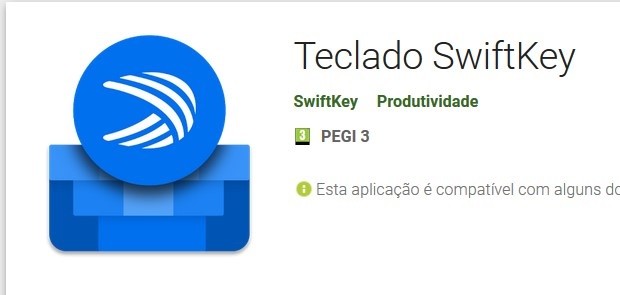

Microsoft has no plans to withdraw its SwiftKey keyboard app from Android app stores, and it continues to use the same swiping and predictive technologies in its soft keyboard for Windows users. It is not farfetched to assume this practice has met significant resistance from Apple's increasingly privacy-focused stance. SwiftKey relies on collecting a fair amount of user data to feed its predictive engine.

Nevertheless, the senior ZDNet editor has suspicions about Apple’s policies that safeguard, and limit rival firms’ potential to monetize, its walled garden. Windows reporting stalwart Mary Jo Foley couldn’t wheedle any reasons behind the move from a Microsoft spokesperson. The shallower integration of SwiftKey with iOS might be one of the telltale signs of why Microsoft, who bought out SwiftKey in 2016, decided to withdraw this app from iOS devices. London and Redmond /swiftkey Joined February 2010 118.8K Following 192. Android: bit.ly/SK-Google-Play iOS: /2sl9vkQ Founded in 2008, SwiftKey was acquired by Microsoft in 2016. However, Apple never allowed proper full-integration of third-party keyboards, and thus SwiftKey iOS felt restricted compared to the Android version, with users thrown back to the minimal Apple keyboard when entering security sensitive and some other OS dialogs. Microsoft SwiftKey SwiftKey Smart tech for fast & easy typing.

Additionally, the keyboard application will be delisted from the Apple App Store. When Apple opened iOS up to third-party keyboards in 2014 (with iOS 8) I remember I quickly installed SwiftKey on my iPad to benefit from the same predictive library that had been built up on my Android smartphone, and bring a slick swiping text input method to iOS. Microsoft SwiftKey will no longer be supported on iOS.


 0 kommentar(er)
0 kommentar(er)
